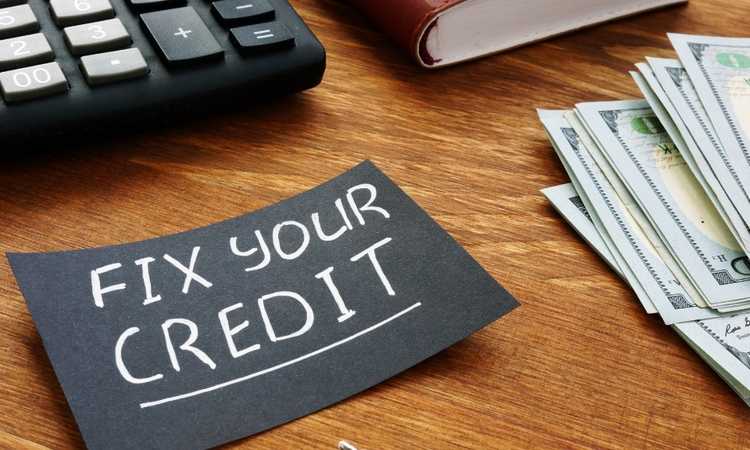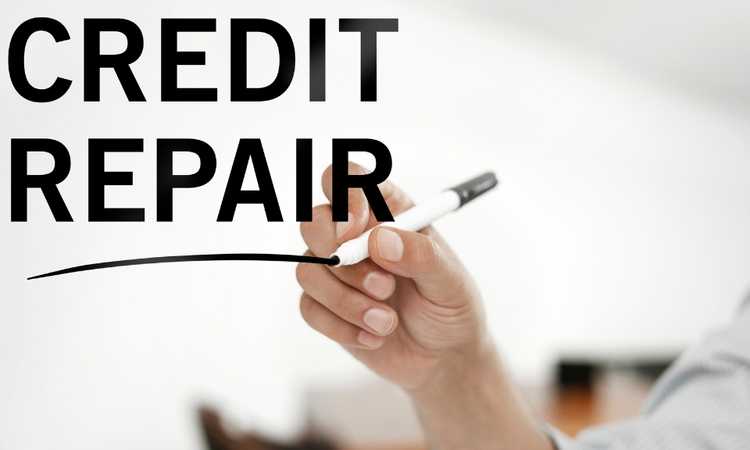Did you know that there are many different ways to go about repairing your credit? And that the approach you take will largely depend on your financial situation? In this article, we’ll break down the various credit repair options based on your financial situation. So you can choose the best one for your needs. We’ll also provide some tips on how to improve your credit score in the meantime. So read on to learn more!
Read This: What is a FICO Score and how is it calculated?

1. If you have a good credit score, you may be able to qualify for a balance transfer
If you have a good credit score, you may be able to qualify for a balance transfer. This is where you transfer the balance of one credit card to another card with a lower interest rate. This can save you money on interest charges, and it can help you pay off your debt faster.
To qualify for a balance transfer, you typically need to have a good credit score and a good history with your current credit card issuer. You also need to make sure that the new credit card has a lower interest rate than your current card. Balance transfers can be a great way to save money on interest charges, but they’re not right for everyone. Be sure to do your research before you decide whether or not a balance transfer is right for you.
2. If you’re behind on your bills, you may need to consider debt consolidation
Being behind on your bills can be a stressful and difficult situation to find yourself in. If you’re struggling to keep up with your payments, you may want to consider debt consolidation. This process involves taking out a new loan to pay off your existing debts. This can help you save money on interest and simplify your monthly payments by consolidating them into one.
When consolidating your debts, it’s important to shop around for the best loan terms and rates. You’ll also want to make sure that you don’t end up taking on more debt than you can handle. If done carefully, debt consolidation can be a helpful tool for getting your finances back on track.

3. If your credit score is low, you may need to start with credit counseling
If your credit score is low, you may need to start with credit counseling. Sometimes people think that their only option is to declare bankruptcy, but that’s not always the case. Credit counseling can help you work out a repayment plan with your creditors and improve your credit score.
It’s important to make sure that you choose a reputable credit counseling service, though, as some services are nothing more than scams.
If you’re not sure where to start, you can check with the Better Business Bureau or the National Foundation for Credit Counseling. Once you’ve found a reputable service, they will help you create a budget and develop a plan to get your debts paid off. Although it will take some time and effort, credit counseling can be an excellent way to improve your credit score and get back on track financially.
4. You can also try to improve your credit score on your own
There are a number of things you can do to try to improve your credit score on your own. One thing you can do is to make sure that you always make your payments on time. This includes not only credit card and loan payments, but also utility bills and other recurring expenses.
Another thing you can do is to keep your credit card balances low. If possible, try to keep them at 30% or less of your available credit limit. You should also avoid opening new credit accounts unless you really need them.
And finally, be sure to check your credit report regularly for errors and dispute any that you find. By following these steps, you can help to improve your credit score and improve your financial health.
Read This: How to DIY Clean Up Your Credit Report

5. Make sure you understand the risks associated with each credit repair option
There are a number of credit repair options available, but it’s important to understand the risks associated with each one before you choose a course of action. For example, some companies may offer to remove negative items from your credit report, but this could result in the removal of positive items as well.
Others may promise to improve your credit score by a certain amount, but there’s no guarantee that they’ll be able to deliver on that promise. Additionally, some credit repair companies may use questionable tactics, such as creating fake accounts or exaggerating your income, which could result in criminal charges. So before you sign up for any credit repair service, make sure you fully understand the risks involved.
So, what’s the best way to move forward? That answer is different for everyone and will take some self-reflection on your part.
If you’re questioning whether credit repair is right for you, consider these three questions: Do I have the time to commit to this process? Am I willing to put in the work required? Can I afford a professional service? Once you’ve given those some thought, you’ll be ready to decide which path is best for YOU.

Erika Finn, founder of Credit Help, is an attorney who graduated from law school (JD) at University of California, Berkeley and is a member of the California Bar Association. She was a member and editor of the California Law Review and won the Prosser Prize for Legal Accounting. She holds a Master’s Degree (MFA) from the University of Southern California (USC) and a Bachelor’s degree (BA) from Indiana University- Bloomington with highest distinction.
Credit Help believes that everyone should have access to helpful, free information about how to raise their credit rating.
Articles on Credit Help are not legal advice or financial advice.